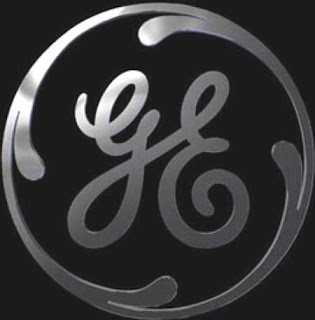Forbes
Forget growth--General Electric's Jeff Immelt is on a mission to raise cash now.
If General Electric combines its NBC Universal entertainment unit with cable outfit Comcast, it will become the biggest example of what is becoming Chief Executive Jeffrey Immelt's signature strategy: divestiture.
Where he once boasted about growth, Immelt is now busily selling off divisions to raise cash and reduce debt at the conglomerate's $658 billion (assets) finance arm. He's not in a position to extract good terms from the buyers.
Take the possible NBC/Comcast transaction: GE won't talk, but the company reportedly would contribute NBC Universal, with $3.1 billion in pretax profit last year and an estimated value of $30 billion, for a 49% interest in a joint venture with Comcast. Comcast's investment would be cash and programming assets worth $10 billion. Benefit to GE: taking $2 billion of NBC debt off GE's balance sheet.
Exchanging $30 billion worth of assets for a minority stake in a $40 billion business doesn't seem to make much sense--unless, perhaps, you're desperate. That's the take of Nicholas Heymann, a longtime GE analyst now with Sterne, Agee & Leach. "This is a housecleaning exercise going on," says Heymann, a onetime GE employee and former Prudential Securities analyst who has covered the company for 26 years.
Ever since the Jack F. Welch years in the 1990s, GE's finance arm took advantage of steadily falling interest rates and its seemingly bulletproof triple-A bond rating to borrow money and invest it in loans and acquisitions. Some of the borrowed money flowed back to the industrial side as dividends--$7.3 billion in 2007--that helped the parent pay its own dividends to shareholders.
All that ended with the credit crunch, when GE was forced to reduce its reliance on short-term commercial paper and turn to two saviors (Berkshire Hathaway and the federal government) for folding money.
